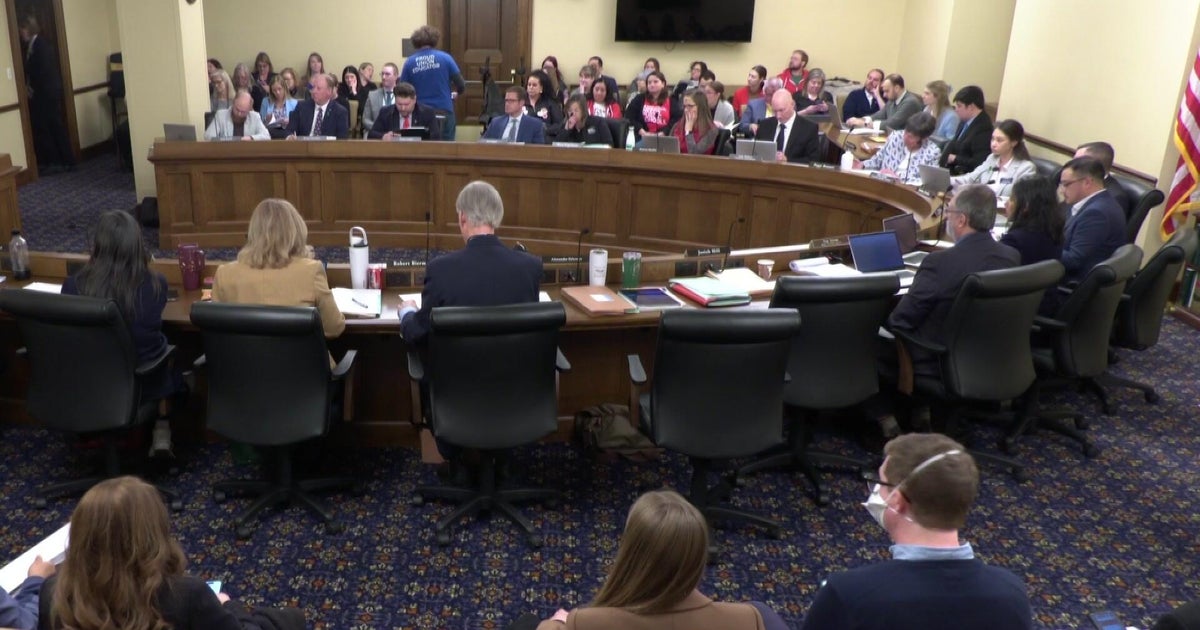Mississippi governor signs bill legalizing medical marijuana
Mississippi governor Tate Reeves on Wednesday signed a bill into law legalizing the use of medical marijuana for certain patients. The state is has now become the 37th in the nation to enact laws legalizing the use of marijuana for medicinal purposes, according to the National Conference of State Legislatures.
"There is no doubt that there are individuals in our state who could do significantly better if they had access to medically prescribed doses of cannabis," Reeves said in a statement after signing the bill.
Under the law, those who have "debilitating medical conditions" can legally use medical cannabis within the state and obtain registry identification cards needed to purchase the drug. Registered designated caregivers will also be eligible to obtain cards.
Medical marijuana amounts will be classified in units called Mississippi Medical Cannabis Equivalency Units (MMCEU). One unit equates to either 3.5 grams of medical cannabis, 1 gram of medical cannabis concentrate or 100 milligrams of THC in an infused product. Mississippi residents with medical marijuana cards will be allowed to obtain no more than six MMCEUs in a week and a maximum of 24 MMCEUs in 30 days, the law states.
The signing comes a week after both the State House and Senate passed the bill's final version, which Reeves said included notable improvements from earlier versions like only allowing medical professionals to prescribe the drug for purposes within the scope of their practice and prohibiting marijuana dispensaries to be located near churches and schools.
"I have made it clear that the bill on my desk is not the one that I would have written," Reeves said. "But it is a fact that the legislators who wrote the final version of the bill (the 45th or 46th draft) made significant improvements to get us towards accomplishing the ultimate goal."
In November 2020, a majority of Mississippi voters approved a medical marijuana initiative that would have allowed people to purchase up to 5 ounces each month, according to the Associated Press. Mississippi's Supreme Court later invalidated the vote, ruling that the state's initiative process was outdated and the measure was not properly put on the ballot, AP said.
According to the National Center for Complementary and Integrative Health, drugs that contain cannabinoids can be helpful in treating illnesses like epilepsy, nausea associated with cancer and loss of appetite and weight loss associated with HIV and AIDS.



